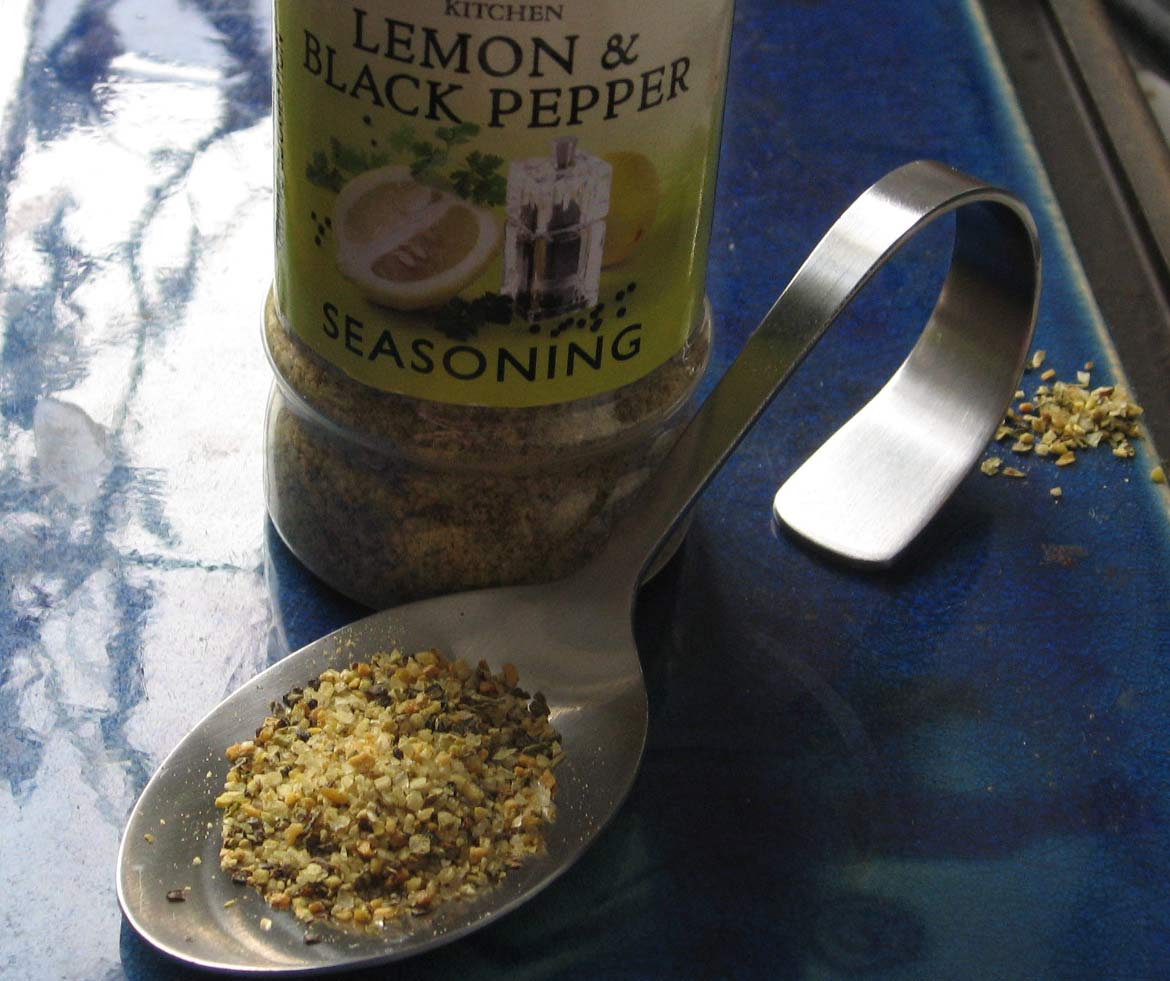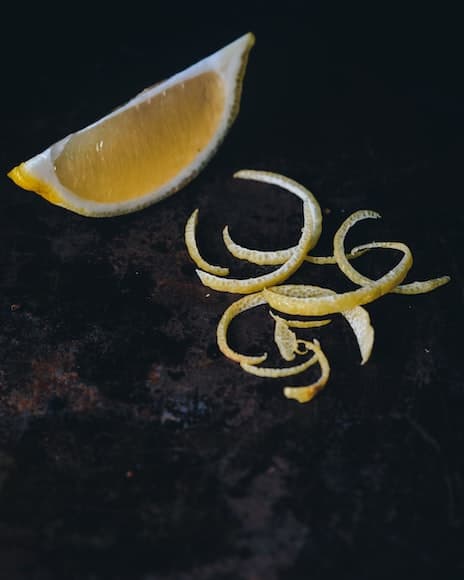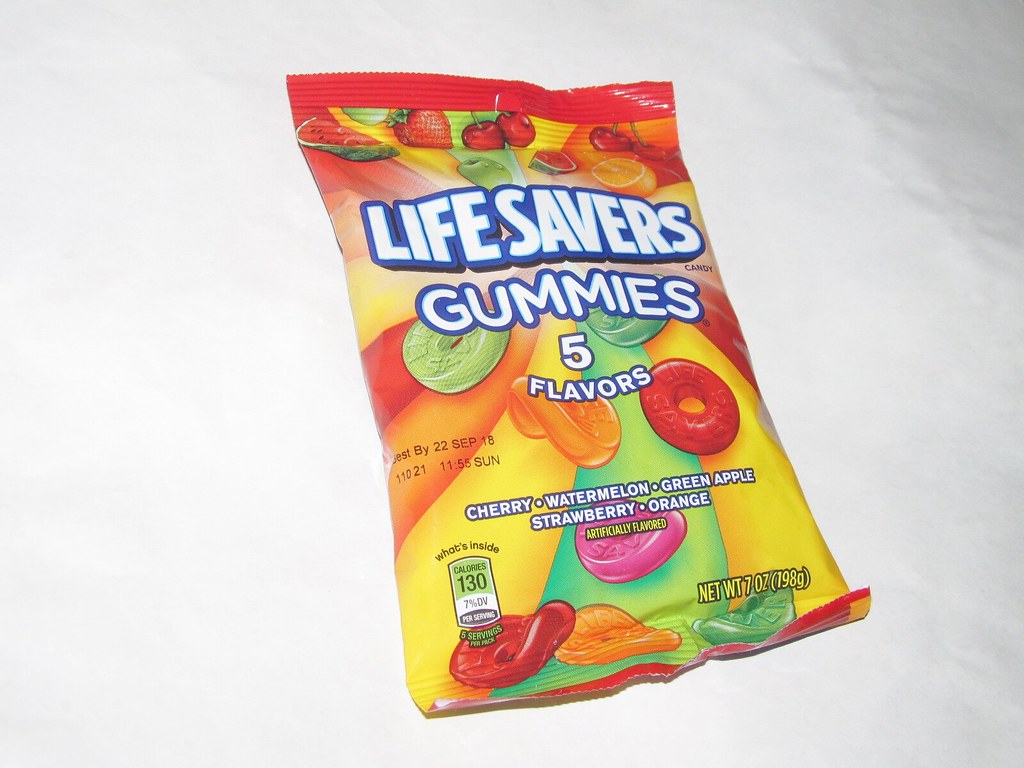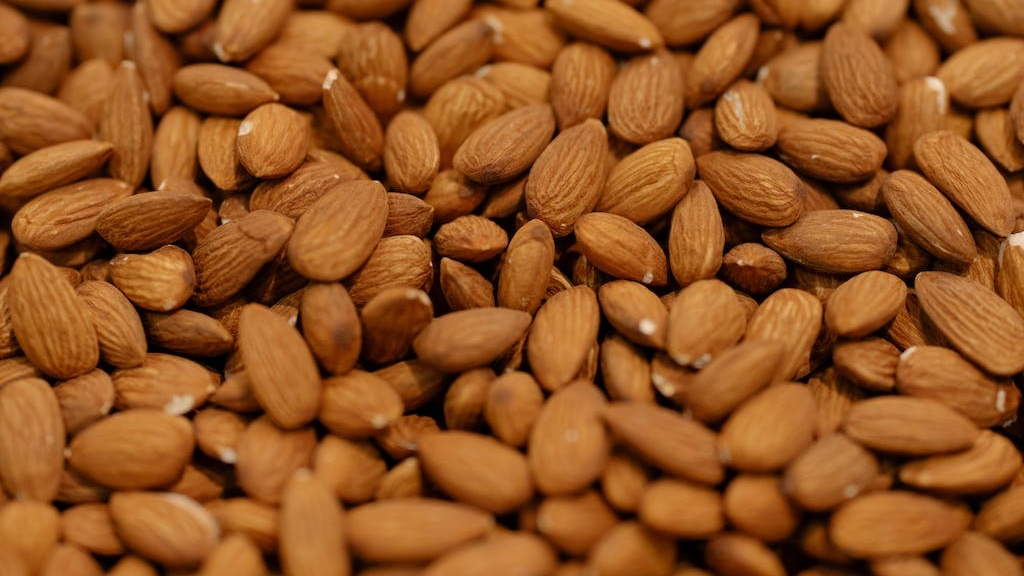Key Takeaways
- Dogs should not eat lemon peels as they can be harmful to their digestive system.
- Lemon peels contain a substance called psoralen, which can be toxic to dogs.
- Ingesting lemon peels can lead to gastrointestinal problems such as vomiting, diarrhea, and upset stomach.
- Lemon peels also have high levels of citric acid that can cause irritation and discomfort for dogs.
- If your dog accidentally consumes lemon peels, monitor them for any adverse symptoms and contact a veterinarian if necessary.
- It is always better to consult with a vet before introducing any new food items to your dog’s diet.
Summary
Can dogs eat lemon peels? No, dogs should not consume lemon peels. While the answer to the question is clear, the rest of the article is worth reading because it delves deeper into why lemon peels can be harmful to dogs and provides alternative options for safely incorporating citrus fruits into their diet. Understanding the potential risks can help dog owners make informed decisions about the foods they give their pets.

Can Dogs Eat Lemon Peels?
Many dog owners wonder if it is safe to give their furry friends lemon peels. While lemons themselves are not toxic to dogs, the peels can be a different story. Lemon peels contain higher levels of citric acid and essential oils, which can cause gastrointestinal upset in dogs. If your dog ingests a small amount of lemon peel, they may experience symptoms such as vomiting, diarrhea, or stomach discomfort.
Potential Risks and Precautions
Dogs have sensitive digestive systems, so it’s important to be cautious when it comes to introducing new foods like lemon peels. The citric acid found in lemon peels can lead to gastric irritation and even digestive issues like acid reflux in some dogs. Additionally, the essential oils present in the peels are highly concentrated and can be toxic when consumed in large quantities. If your dog accidentally ingests a significant amount of lemon peel, it’s best to consult your veterinarian for guidance.
Benefits of Lemons for Dogs
While lemon peels may pose risks, small amounts of fresh lemon fruit can have certain benefits for dogs. Lemons are a good source of vitamin C and antioxidants, which can support immune health. However, it’s important to remember that moderation is key. As with any new food, it’s essential to introduce it gradually and in small quantities to monitor your dog’s reaction and to avoid any potential gastrointestinal upset.
Alternative Citrus Fruits for Dogs
If you want to provide your dog with some citrus goodness, there are safer options than lemon peels. Some dogs may enjoy the taste of peeled and de-seeded mandarins or oranges. These are a better alternative to lemons, as they contain less citric acid and are generally well-tolerated by dogs. Remember to remove any seeds and offer only small, supervised portions.
When to Contact a Veterinarian
If your dog accidentally consumes a large amount of lemon peel or shows signs of severe gastrointestinal distress like persistent vomiting or diarrhea, it’s crucial to seek veterinary care. Your veterinarian can provide appropriate advice based on your dog’s specific condition, provide necessary treatments, and help alleviate any discomfort or potential complications.
Tips for Feeding Dogs Citrus Fruits
When offering citruses like lemons, mandarins, or oranges to your dog, always wash the fruit thoroughly to remove any potential pesticides or harmful substances. Also, be mindful of the portion size and frequency. While small amounts are generally safe, large quantities can upset your dog’s stomach and lead to undesirable symptoms. Finally, observe your dog for any unusual reactions or allergies, as every dog may react differently to certain fruits even if they are considered safe.
Recipes and Alternatives to lemon peels for dogs
Dogs should not eat lemon peels as they can be toxic to them and cause digestive issues. It is important to keep citrus fruits, including lemon peels, away from dogs. Instead, here are some safe and healthy alternatives for dogs:
- Carrot sticks
- Apple slices (without seeds or core)
- Blueberries
- Watermelon (seedless)
- Pumpkin puree (unsweetened)
Can dogs eat lemon peels?
Q: Can dogs eat lemon peels?
A: While lemons themselves are not toxic to dogs, it is generally not recommended to feed your dog lemon peels. The peels can be difficult for dogs to digest and may cause gastrointestinal upset or even blockage.
Q: Are there any benefits to dogs eating lemon peels?
A: Lemon peels do contain some nutrients and antioxidants, but the risks and potential adverse effects outweigh any potential benefits. It’s best to avoid giving your furry friend lemon peels altogether.
Q: What happens if a dog eats lemon peels?
A: If a dog ingests lemon peels, they may experience symptoms such as diarrhea, vomiting, stomach discomfort, or even obstruction. The high fiber content and the oils found in lemon peels can irritate a dog’s gastrointestinal system, leading to these unpleasant symptoms.
Q: Can lemon peels cause allergies in dogs?
A: Lemon peels have the potential to cause allergic reactions in dogs, just like any other citrus fruit. Symptoms of an allergic reaction may include itching, swelling, hives, or difficulty breathing. If you suspect your dog has a lemon allergy, it is important to consult with a veterinarian for proper diagnosis and guidance.
Q: Are there safer alternatives to lemon peels for dogs?
A: Yes, there are many safe and healthy alternatives to lemon peels that you can offer your dog as occasional treats. Some appropriate fruits for dogs include apples (without seeds or core), bananas, berries, watermelon (without seeds), and oranges (without the peel). Remember to always remove any seeds and peel before feeding these fruits to your dog.
Q: Is it safe for dogs to consume lemon juice?
A: Lemon juice in small amounts is generally safe for dogs. However, it is important to avoid commercial lemon juice products, as they often contain additives such as preservatives or sweeteners that can be harmful to your pet. Always consult with your veterinarian before introducing any new food or drink into your dog’s diet.
Q: What should I do if my dog accidentally eats a lemon peel?
A: If your dog ingests a lemon peel, monitor their behavior and watch for any signs of discomfort or digestive issues. If your dog shows any concerning symptoms such as persistent vomiting, extreme lethargy, or difficulty breathing, contact your veterinarian immediately for guidance.
Q: Can dogs eat lemon zest?
A: Lemon zest is the colored outer layer of the lemon peel and, similar to lemon peels, should not be given to dogs. It contains a higher concentration of the oils that can lead to digestive upset or obstruction if consumed by dogs.
Q: What citrus fruits are safe for dogs?
A: Some citrus fruits can be safe for dogs in small quantities, such as peeled oranges. However, it’s always essential to remove all seeds, peel, and pith before feeding any citrus fruits to your dog. It’s best to introduce these fruits gradually and in moderation, as not all dogs may tolerate them well.
Q: What are some other foods that dogs should avoid?
A: Besides lemon peels, there are several other foods that dogs should avoid due to potential toxicity or digestive issues. These include chocolate, grapes and raisins, onions and garlic, avocados, alcohol, caffeine, macadamia nuts, and artificial sweeteners (such as xylitol). Always consult with your veterinarian for a comprehensive
Conclusion
In conclusion, while dogs can eat small amounts of lemon peels without any major health risks, it is important to exercise caution. Lemon peels contain certain compounds that can be harmful to dogs in large quantities, such as limonene and psoralen. These compounds can cause digestive issues, vomiting, and skin irritations. It is best to remove the peel from lemons before offering them to your furry friend. Additionally, it is advisable to consult your veterinarian before introducing any new food to your dog’s diet, including lemon peels. While dogs may be attracted to the smell and taste of lemons, their consumption should be limited to prevent any potential adverse effects on their health.
📚 Sources:












